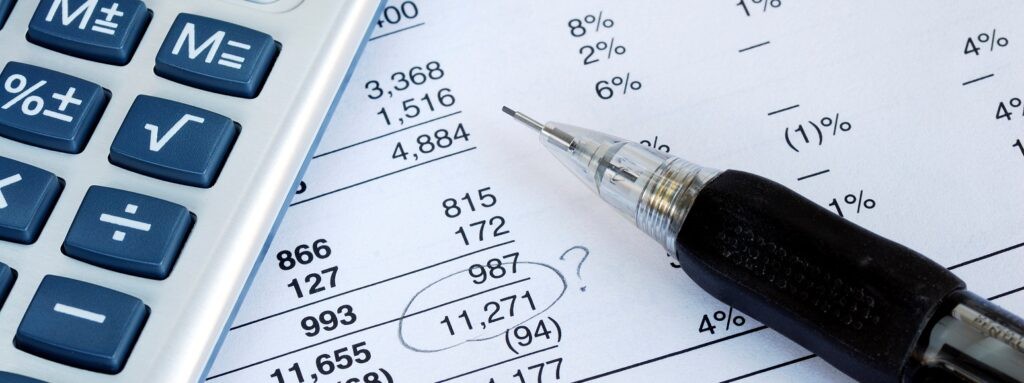SDE, or Seller’s Discretionary Earnings, is a financial metric commonly used in the valuation of small to medium-sized businesses. It represents the total financial benefit that a full-time owner-operator would derive from the business. SDE is calculated by taking the business’s net profit and adding back certain expenses that may not necessarily continue under new ownership. These add-backs typically include:

- Owner’s salary: The compensation the owner pays themselves.
- Owner’s perks: Personal expenses paid by the business that benefit the owner, such as car expenses, travel, meals, and entertainment.
- Non-recurring expenses: One-time costs that are not expected to occur again, such as legal fees or moving expenses.
- Interest expense: Since different owners will have different financing structures, interest is added back to provide a clearer picture of the business’s earning potential.
- Depreciation and amortization: Non-cash expenses that are added back to give a more accurate picture of cash flow.
Importance of SDE When Selling a Business
- Valuation Tool: SDE provides a clearer picture of the true earning potential of the business by normalizing earnings and removing expenses that are specific to the current owner’s management style or personal benefits. This makes it easier for potential buyers to understand how much income they can expect to generate if they were to take over the business.
- Comparability: SDE allows for better comparison between different businesses within the same industry. By standardizing earnings, potential buyers can compare the profitability of different businesses on a more equal footing, without the distortions caused by different owners’ discretionary spending.
- Financing Considerations: When buyers seek financing to purchase a business, lenders often look at SDE to determine the business’s ability to generate enough cash flow to service debt. A higher SDE can make it easier for buyers to obtain financing, as it demonstrates a stronger earning potential.
- Negotiation Leverage: Knowing the SDE gives both the seller and potential buyers a concrete basis for price negotiations. Sellers can justify their asking price by showing the business’s profitability through SDE, while buyers can use it to assess the reasonableness of the price.
- Buyer’s Perspective: Buyers are primarily interested in the cash flow they will receive after taking over the business. SDE provides a realistic estimate of this cash flow, helping buyers make informed decisions about the investment’s attractiveness and sustainability.
In summary, SDE is a crucial metric for valuing a business and facilitating the sale process because it provides a standardized, clear representation of the business’s earning potential under new ownership. This helps sellers present their businesses more effectively and enables buyers to make more informed purchasing decisions.